This is the sharing of Associate Professor, Dr. Nguyen Phi Le, Director of the International Research Center for Artificial Intelligence (AI), Hanoi University of Science and Technology at the Announcement Ceremony of the Vietnam AI Economy Report 2025 on the morning of June 12.
According to the report, Vietnam is in the early stages of AI development but at a fast pace with the participation of all stakeholders, including the Government and the private sector.
AI cannot be superficial when solving Vietnam's problems
At the event, experts from the Japan International Cooperation Agency (JICA), businesses andeducational institutions all agreed that the biggest opportunity from AI comes from applying this technology to solve problems, especially difficult problems. From supporting personalized e-commerce user experiences to training and policy making, AI can participate.
However, Ms. Le pointed out a more important factor in the solution, which is mastering technology. “Does Vietnam have companies that truly understand AI technology and solve problems specific to Vietnam?” she asked.
She believes that companies that want to work on AI should focus on Vietnam's problems and must invest resources and conduct in-depth research, not superficially. "The AI wave can change the concept of businesses, it is impossible to just create products without depth but must invest more in IP," she continued.
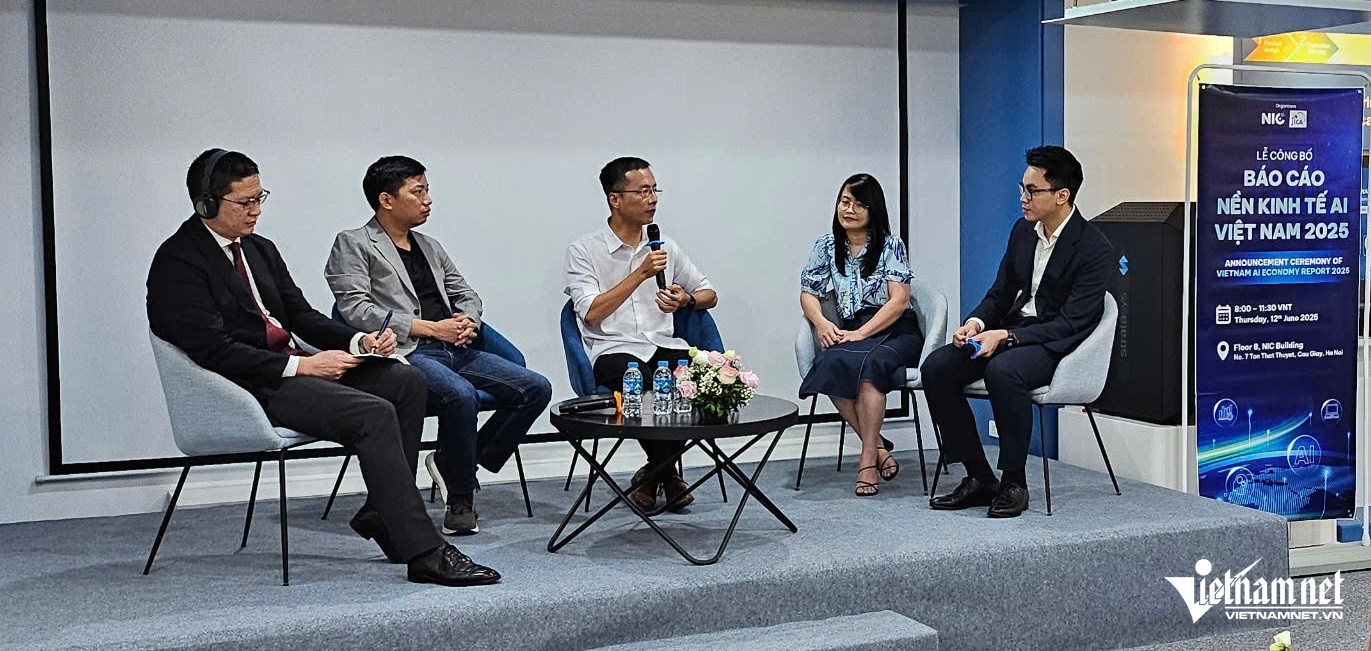
Sharing the same view, Mr. Nagano Yushi - Director of JICA Xlab - pointed out that when it comes to technology and applications (use cases) in the field of AI, research and development (R&D) activities are still the core issue.
Instead of working on the surface, businesses should delve deeper into AI technology. This is an area where Vietnam and Japan can cooperate to promote AI development in Vietnam.
"To master technology, Vietnam has a huge advantage in human resources with a team of young, dynamic, talented engineers who are highly appreciated by foreign enterprises," commented Mr. Nguyen Dang Huy, Director of Technology at Sun Asterisk.
A leader is needed to build a “data lake”
Developing AI requires a combination of three factors: human resources, infrastructure, and data. According to experts, Vietnam has abundant AI-ready human resources and rapidly catching-up infrastructure, but lacks data. Mr. Nagano commented that data is the foundation of the AI era, and a data exchange framework is needed for all parties to optimize and exploit it.
However, creating a “data lake” is not simple, especially in the context of businesses not wanting to share with each other. According to Ms. Nguyen Phi Le, to create a large database, there needs to be a leading unit or group to encourage everyone to follow. “Data lake must be a government project to have enough power to call for support,” she said.
Citing some examples of supporting countries to build AI development mechanisms, Mr. Nagano recommended starting with businesses, non-sensitive, non-personal, and non-identifiable data in industries that already have good data. He believes that under the leadership of the Vietnamese Government, all parties can do this.
Meanwhile, Mr. Nguyen Hoang Hung, Director of Technology Viettel AI, said that in addition to the Government's program, to have more data, there needs to be a leading product.
Big AI companies like Google, Meta, Naver... have data on everything and have developed AI very successfully. He predicts that digital transformation programs nationwide will produce similar amounts of data.
According to Viettel's representative, the general trend when developing AI is to have laws and management regulations to balance innovation and minimize risks, both creating a corridor for businesses to make products and preventing illegal acts such as data trafficking.
Agreeing with this view, Ms. Le commented that "Vietnamese people are too optimistic" when using and believing in AI without verification, unlike the cautious attitude of other countries, which can lead to serious risks.
From a policymaker's perspective, Mr. Nagano suggested that Vietnam could adopt a "soft" approach like Japan did, instead of a "hard" approach that creates major barriers that prevent businesses from unleashing their creativity.
Accordingly, applying international standards to the national context to build a framework for responsible use of AI. Thus, Vietnam's AI can not only be used domestically but also reach out to the international market.
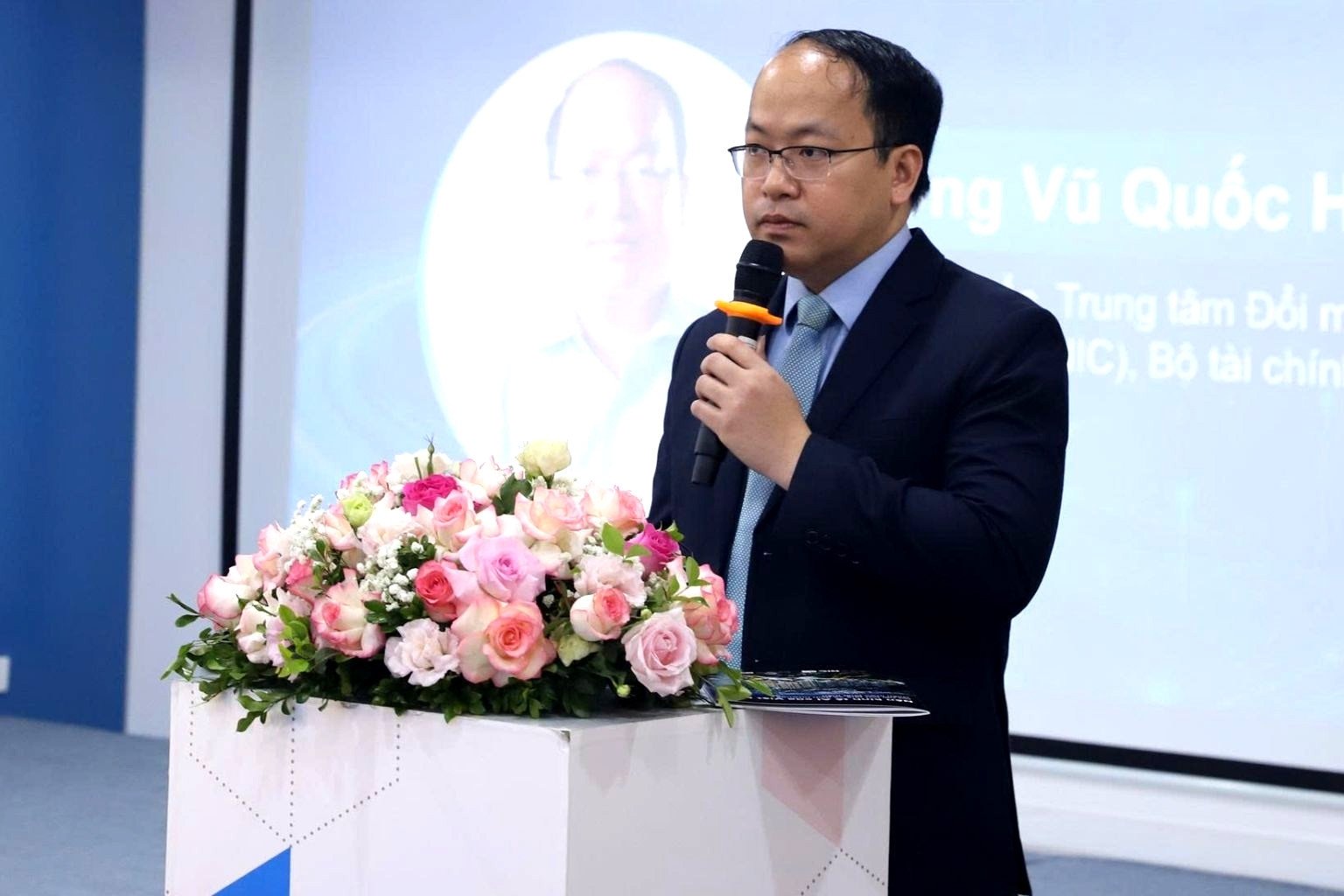
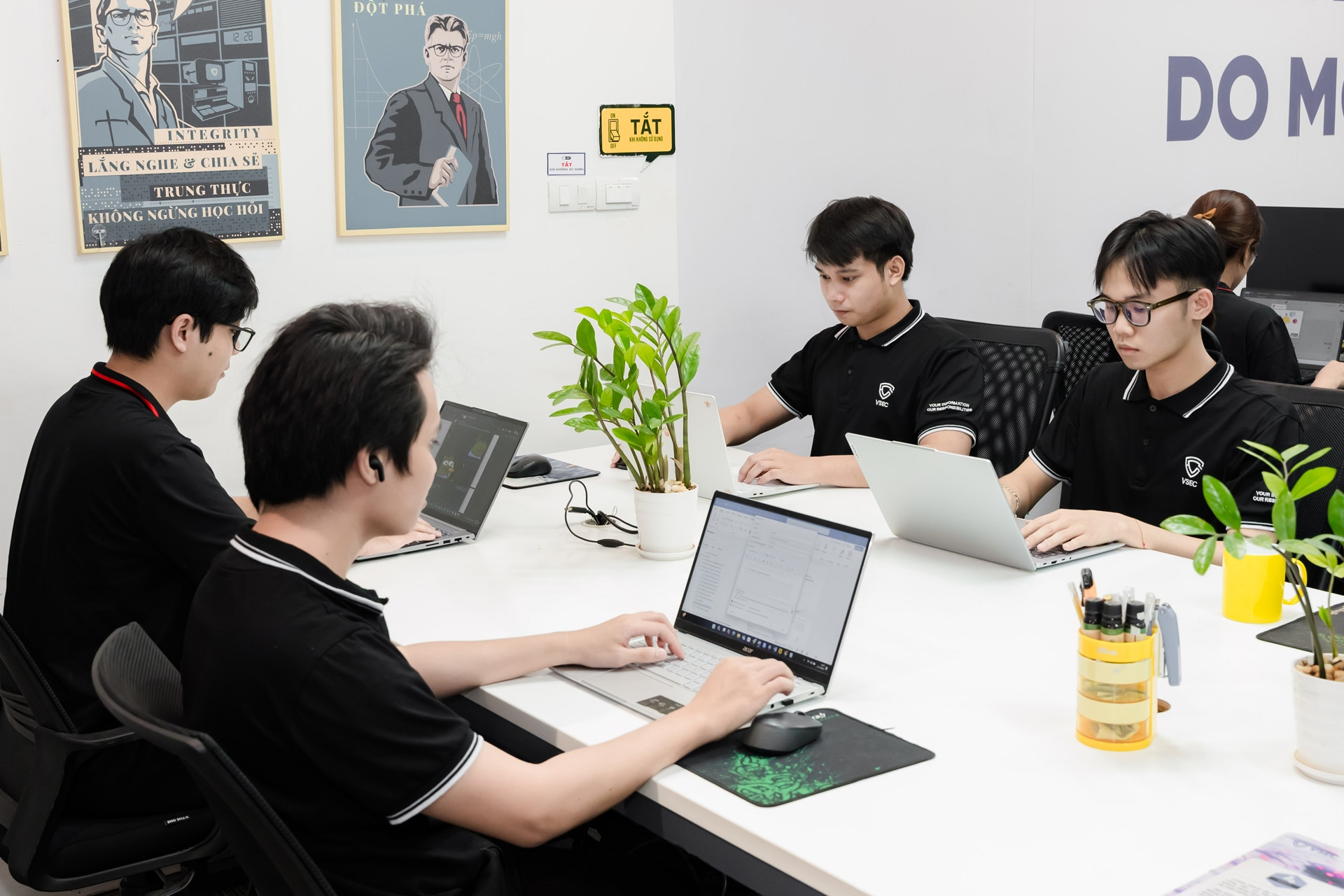
Source: https://vietnamnet.vn/muon-ai-phat-trien-tai-viet-nam-khong-the-lam-hoi-hot-2410805.html

































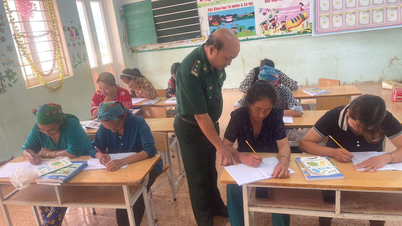







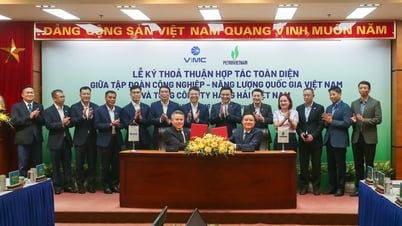



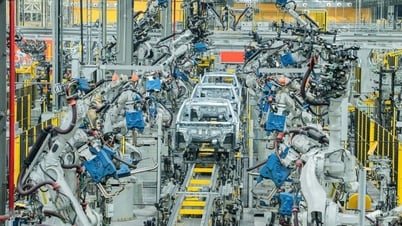



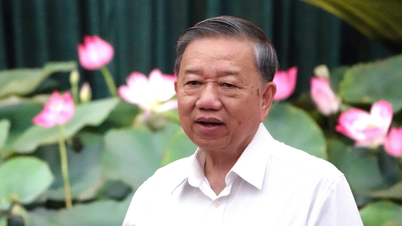



































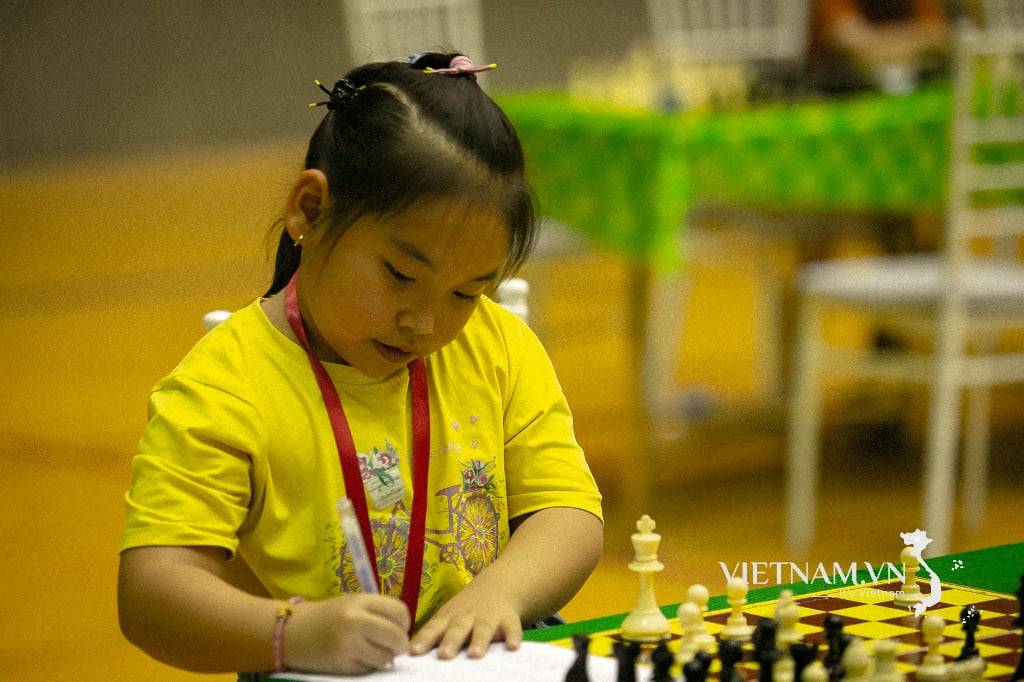



Comment (0)